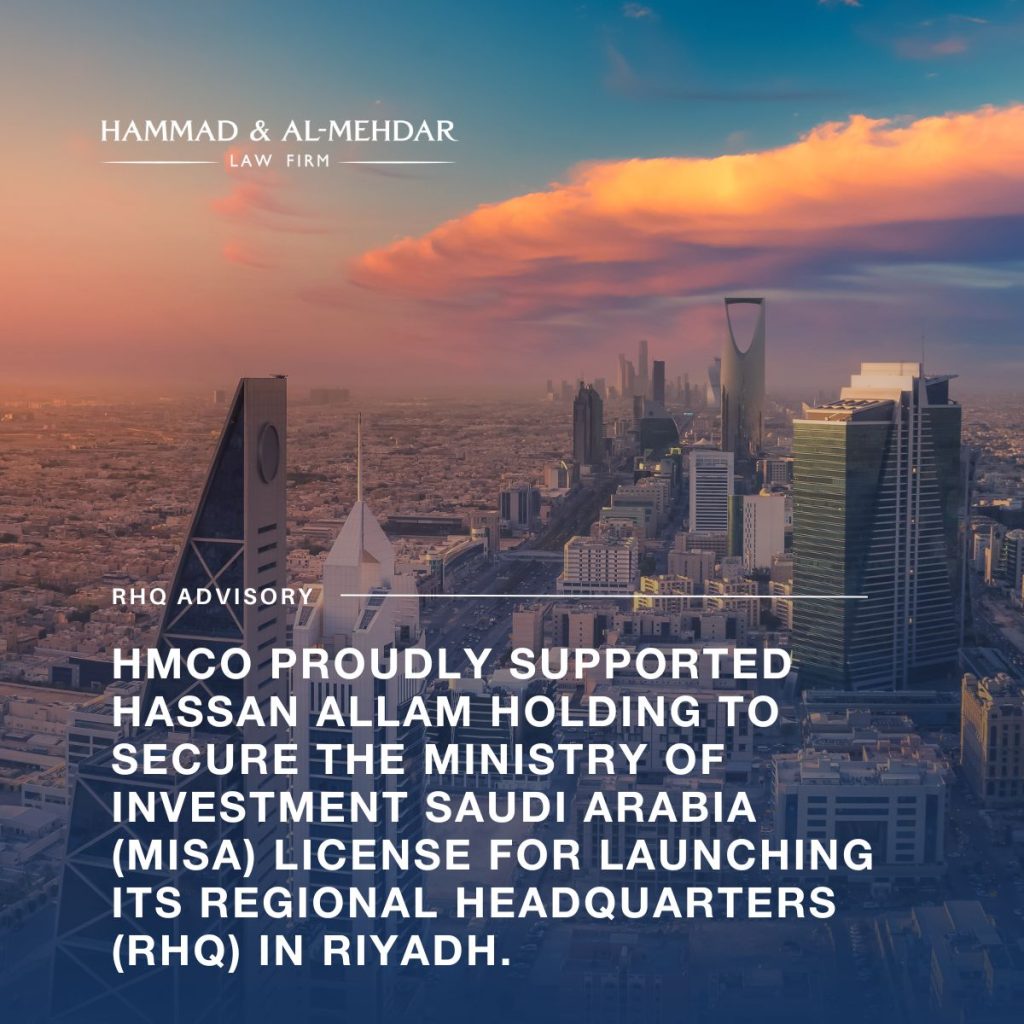Artificial Intelligence (AI) has rapidly become an integral part of our daily lives, revolutionising industries and transforming how we work, communicate, and interact with technology. With this rapid advancement comes a pressing need to consider AI’s ethical and legal implications, particularly for businesses that develop, deploy, or utilise AI technologies. This article explores the ethical dimensions of AI and the complex legal landscape that businesses must navigate to ensure they comply with existing regulations while promoting responsible AI development and deployment.
Bias and Fairness
One of the primary ethical concerns with AI is bias and fairness. AI systems are often trained on historical data, which may contain biases. These biases can lead to discriminatory outcomes, particularly in hiring, lending, and criminal justice. Businesses must be vigilant in identifying and mitigating bias within their AI algorithms to ensure fair and equitable outcomes.
Privacy and Data Security
AI systems often rely on vast amounts of data to function effectively. Collecting, storing, and processing this data raises significant privacy and security concerns. Businesses must implement robust data protection measures to safeguard user’s personal information and comply with privacy regulations such as the Personal Data Protection Law in Saudi Arabia.
Accountability and Transparency
The opacity of AI algorithms poses ethical challenges. Users, employees, and stakeholders often demand transparency in AI decisions. Businesses must provide explanations and establish mechanisms for accountability to build trust and ensure that AI decisions are justifiable and understandable.
Job Displacement and Economic Impact
The widespread adoption of AI can lead to job displacement in some sectors, raising ethical concerns about the economic impact on workers and communities. Businesses must consider workforce retraining and job displacement policies to mitigate these concerns.
Saudi Arabia’s AI Landscape:
Saudi Arabia is swiftly establishing itself as a significant player in artificial intelligence (AI), driven by the ambitious Vision 2030 plan and a growing commitment to technological innovation. Vision 2030 strongly emphasises technology, with AI considered a strategic enabler to diversify the economy and reduce oil dependency.
To support this vision, Saudi Arabia has invested in research and education, nurturing AI talent through universities and research institutions engaged in AI-related research and introducing programs dedicated to machine learning and AI. Additionally, the country has been fostering a startup ecosystem, with numerous AI startups emerging, focusing on diverse applications such as healthcare, finance, and robotics.
The healthcare sector in Saudi Arabia is increasingly turning to AI for diagnostic purposes, predictive analytics, and personalised medicine. The government recognises AI’s potential to enhance healthcare services and patient outcomes, actively promoting its adoption. In the financial sector, AI and machine learning improve customer experiences, enhance fraud detection, and automate various banking and insurance processes.
Public services also benefit from AI implementation, streamlining administrative processes, enhancing government services, and improving public safety. As AI adoption grows, Saudi Arabia is addressing the associated ethical and regulatory considerations, developing frameworks to ensure responsible AI use and data privacy protection.
Collaborations with international tech giants have driven AI innovation, encompassing research partnerships, investments, and technology transfer agreements. Furthermore, significant investments in AI infrastructure, including data centres and cloud computing resources, have been made to support AI development and deployment.
Saudi Arabia’s ambitious plans for smart cities rely on AI to optimise urban services, transportation, and energy management. Beyond civilian applications, AI is being explored for defence and security purposes, including surveillance, threat detection, and cybersecurity.
In education, AI technologies are enhancing the educational experience, offering personalised learning and online education platforms. In summary, Saudi Arabia’s embrace of AI, as part of Vision 2030, is propelling the nation into the forefront of AI innovation across diverse sectors. Saudi Arabia is poised to advance technologically and diversify its economy through investments, collaborations, and a commitment to responsible AI.
As Saudi Arabia strives to leverage AI technologies in alignment with its Vision 2030 plan, businesses in the region face immense opportunities and the responsibility to address significant ethical and legal challenges. Proactive engagement with evolving legal frameworks, implementing ethical guidelines, and cultivating a culture of transparency and accountability are essential for navigating the intricate landscape of AI and ethics while ensuring compliance with the law and building trust among stakeholders.
The Legal Landscape
When using artificial intelligence (AI) in Saudi Arabia, several legal laws and regulations must be considered and adopted to ensure compliance and responsible AI use.
Data Protection Laws: Saudi Arabia has data protection laws that regulate the collection, processing, and storage of personal data. Ensure that AI systems handling personal data comply with these laws to protect individuals’ privacy.
Intellectual Property Laws: Understand intellectual property laws to ensure that AI innovations and developments are protected through patents, copyrights, or trade secrets as appropriate.
Contractual Agreements: When using AI in business operations, it’s crucial to have clear contractual agreements that outline the roles, responsibilities, and liabilities of all parties involved, including AI service providers.
Regulatory Compliance: Depending on the industry, specific regulatory bodies may have requirements related to AI use. Ensure compliance with sector-specific regulations such as financial regulations for AI in banking.
Ethical and Fair AI Principles: Consider adopting ethical and fair AI principles, which may not be legally mandated but are essential for responsible AI use. These principles encompass issues like bias mitigation and transparency.
Consumer Protection Laws: Be aware of consumer protection laws, especially when using AI in products or services that directly impact consumers. Ensure that AI systems do not engage in deceptive practices.
Labour Laws: Address the potential impact of AI on employment and labour laws. Ensure that labour regulations manage workforce displacement or changes due to AI.
Cybersecurity Laws: Cybersecurity laws and regulations should be followed to protect AI systems from cyber threats and ensure data security.
Anti-Discrimination Laws: Prevent AI systems from engaging in discriminatory practices that could violate anti-discrimination laws, such as those related to gender, race, or religion.
Liability and Accountability: Determine liability and accountability frameworks for AI systems. This includes establishing who is responsible if an AI system mistakes or causes harm.
International Trade Laws: If AI is used in international trade, consider trade laws, tariffs, and export controls that may apply to AI-related technologies.
Government Approvals and Licensing: Depending on the application of AI, certain government approvals or licenses may be required before deployment. This can be particularly relevant in critical sectors like healthcare.
Cross-Border Data Transfer: If AI systems involve data transfer across borders, consider data localisation requirements and international data transfer regulations.
In a world increasingly shaped by artificial intelligence (AI), we find ourselves at a crossroads where the rapid evolution of technology necessitates a profound consideration of its ethical and legal implications. AI has seamlessly woven into our daily lives, transforming industries, redefining our interactions with technology, and opening doors to endless possibilities. However, with these revolutionary advancements comes a critical responsibility, especially for businesses that develop, deploy, or harness AI technologies.
As Saudi Arabia embarks on its AI journey, businesses within the region must navigate this intricate landscape with diligence, understanding that compliance with legal regulations and ethical principles is paramount. In doing so, they uphold their responsibilities and contribute to the responsible and sustainable growth of AI within the nation.








